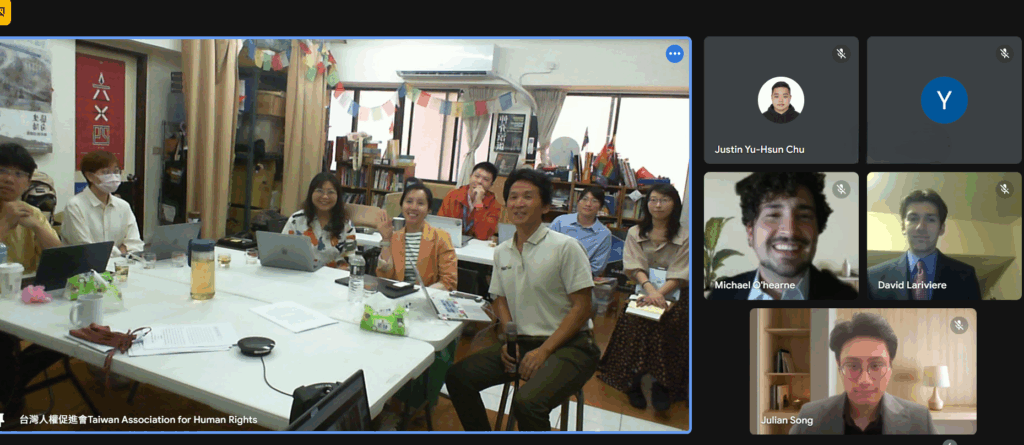A Game Industry Promotion Act Bill intended to criminalize “boosting” was promulgated on December 24, 2018 and entered into force on June 25, 2019. The Bill bans game users from “disrupting normal gaming activity by obtaining for others scores and/or results using the methods that the game-products-related enterprise has not approved or arranging such transactions as part of one’s vocation” and punishes such acts by imprisonment for not more than two years, or a fine of not more than twenty million won.
The criminalization of game boosting sets a dangerous precedent where criminalization intrudes into the private lives of citizens, and infringes the right to free speech. As such, the Game Industry Promotion Act Bill must be repealed.
Criminal prosecutions for violations of Terms of Use dangerously expands the state’s punitive powers.
The state’s intrusion into private contractual relations between the companies and people should be restrained. Modern living is inseparable from Terms of Use. We scroll down and click “yes” to many Terms of use, using many devices, apps, and coins. Not many of us actually read them or expect to be criminally punished for not abiding by them. Facebook’s Terms of Use requires us to use the names we use in our ordinary lives or to provide accurate information. So, people using nicknames or not updating their marital status promptly will be criminally prosecuted under the anti-boosting law’s logic.
Excessive restriction on anonymous speech
The anti-boosting law infringes on the right to anonymous speech.
Online gaming consists of speeches between gamers. Korean constitution recognizes at least game itself as protected expression of game producers (99 Hunba 17, also Brown v. Entertainment Merchants Association, 564 US 786 (2011)). In accordance with another Constitutional Court decision (2008 Hunma 324) that accept all media of expression as protected, gaming should be protected like the right to read books or watch movies.
Then, Korean constitutional court also recognized right to online anonymous communication and struck down the Internet real name law applicable to writing online (2008 Hunma 324). In this case, the anti-boosting law effectively bans using another person’s gaming profile because all Korean games require use of real names through Terms of Use, and therefore restricts right to gaming under another name. Anonymous gaming and pseudonymous gaming may be slightly different but in constitutional analysis they are equivalent in that they do not create any clear harm that justifies restriction.
Ineffective and excessive restriction on occupational freedom
In the Internet real name decision, the Constitutional Court focused on the global nature of the Internet in that people not preferring to write online using real names will simply migrate to other platforms hosted in overseas servers, and that the government goal of tracking down illegal content through the real name law will just not be served by the law. Similarly, in China, “game boosting” is a vigorous business which can easily absorb any demand now unmet by the new Korean law. Also, good gaming skills are legitimate skills, and there is no clear reason why using those skills to make money should be banned.
Game operators can handle the problem by themselves
Game boosting is spoken of as ‘cheating’ and ‘taking fun out of the game’. Some people feel that way when their rankings fall due to the beneficiaries of boosting but others take a more casual approach to their rankings. Also, whoever is boosted by definition will fall in ranking since he or she will be playing not at par with the level he or she is boosted into. Depending on their business models, game operators themselves can take a spectrum of measures of different austerity to stamp out “boosters” if they really want to, using detection algorithms. Or they can even file civil suits against the users not using their own profiles. The anti-boosting law is not the least restrictive method to prevent the harm that it aims at preventing.
In conclusion, the anti-boosting law is unconstitutional.
For more information, please read the Korean original here. This is a heavily edited translation by Kyung Sin Park. Please contact un***************@***il.com for any question.


0 Comments